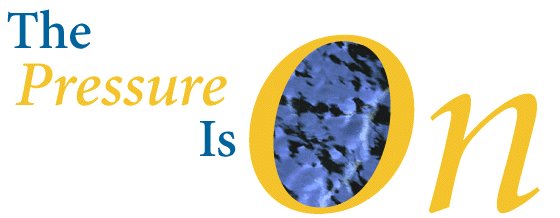Listening with empathy is a good skill to develop, especially when dealing with clients. The reason it's good is because it allows you to hear beyond the words - to sense how what the client is saying is affecting him.Listening with empathy is the ability to hear the client and think with (and that’s the key word “with”) the client. It is not about thinking for the client, like so many people tend to do. And it is not thinking about the client. It is far different.
Listening with empathy, if I can drive this key point home, is more about “being with him.” It’s about feeling with him. It’s the ability to move at the same pace with the client.
It takes skill to listen to the client with empathy. The skill takes time and practice to develop, and never thinking you have it mastered. It's not meant to be a manipulative trick or something designed fool to the client into thinking he likes you. If the client likes you, that is a by-product of empathy, because with empathy, it can have a simpatico effect where both parties seem to be on the same wavelength.
Get On The Client's Side of the Desk
Probably the best way to get to establish empathy, is to imagine you are sitting in the client’s chair. You can do this from your home, Starbucks, or the office. (It may be a little challenging to do this as you are sitting across from him, but it can be done.)
How does the world look from his eyes? What does he see when he sees you? Pause and reflect that just for a moment. See what he sees.
Now, with the image of him seeing you in your head, stay in his chair and think about all the problems he has today. All the things that occurred before you even walked into his office. Think about the problems he faces after you leave. Now think about the what you are wishing to discuss with him today. How are you going to weave it into the things that are affecting his workday? What does this sound like and feel like when you bring it up? Is it addressing something that is affecting him today? Could it be that what you are proposing will prevent a problem? Or is what you are bringing him something that is out-of-sync with his world?
These are important points to ponder. It's not for the amateur, that's for sure. Be you sure you do this - every single time you meet with the client.
Suspending Judgment
Here's something we all like to do, because we are human, is judge others. Judging usually comes in the form of an evaluation. We are trying to label the other person. There is a part of this judging that comes from us trying to determine if this person is in some form a threat to us. This is a throwback to our primordial days, before we so-called "evolved."
Today judging others is more of figuring out where the person fits into our "labeling" bucket - so our brain can categorize the other person. And it is also a part of us, that wants to be able to tell someone who this person is and what he is like when we talk to others.
If you can suspend judgment - you will be a far better listener. Unfortunately, suspending judgment harder than one would suspect. It’s about removing any judgment, evaluations, labeling, and criticisms that can cloud our frame of reference and get in the way of helping the client solve his problems.
To help suspend judgment and criticism, ask yourself these questions when sitting there listening to the client:
- What is the nature of the problem?
- How is the client describing it?
- What words are coming up repeatedly in his description?
- What areas does the client deem essential and critical to the solving of his problem?
- Are there seemingly trivial issues and are there crucial issues?
- What is crucial to him personally: value? time? prestige? security? acknowledgment?
These questions help focus you on the nature of the problem and keep your mind away from wanting to judge and evaluate the person.
Thinking About Ourselves - Or How To Be More Genuine
Being self-concerned is essentially being human. We are all self-concerned whether we admit it or not. How self-concerned we tend to be is another story, however. It we are so self-concerned to the point of self-absorption, then we block out outside points of reference, ideas, and information trying to get through. On the other hand, too little self-concern creates other problems to the point of acting like a martyr. And even then some would say that is even more self-concern showing up in trying to get others to think well of them.
Thinking too much about ourselves, how we look or how we are coming across, blocks communication. The way around this is to be truly interested in what the client has to say. Listen with your entire body. Feel what he feels, not what you feel or what you want or how you want to be perceived.
When you stop thinking about yourself and how you look - you become - more genuine. The genuineness opens up the communication and the client becomes more at ease in discussing the nature of his problems.










